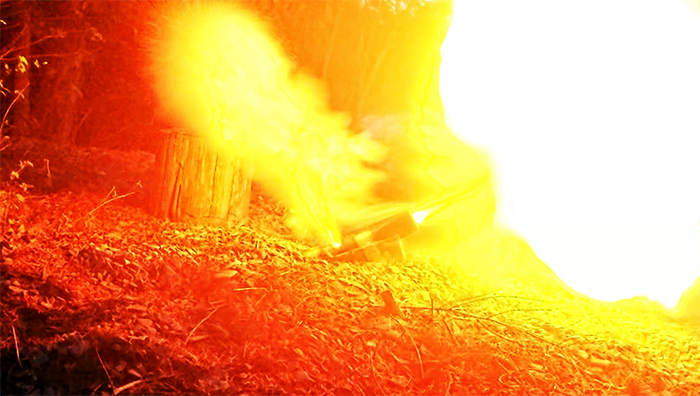Let’s talk about compounds and hyphenation.
Y’all know what a compound is, right? Two or more words, put together, that form a new meaning—like, say, railroad (rail + road = new mode of transportation) or skateboard (skate + board = juvenile delinquents hanging out in empty swimming pools).
Both of these are what are called “closed” compounds; an example of the “open” form is high school. And when an open compound is used to modify another word, that’s when we need to start thinking about hyphenation.
Here’s what I mean:
I met a high school student on my way to work this morning.
High school is an open compound modifying student. Or, at least, that’s one way of reading it. The other way is to treat high school not as a compound, but as two distinct words—which changes the meaning dramatically: Either we’re talking about (a) a student who’s attending a high school (high school + student), or (b) one who has recently partaken of the Devil’s lettuce (high + school student). It’s what we like to call “ambiguity,” and it’s a bad thing in writing.
The good news? A hyphen solves the problem!
I met a high-school student on my way to work this morning.
See how that works? By connecting the two parts of an open compound with that little dash, we’re telling the reader that they belong together, thus eliminating any possibility of ambiguity.
Which brings us to open compounds in which the first word is an adverb ending in -ly.
“I want to up my fashion game,” said Skooch, “but I don’t know where to start.”
“You should pay attention to that Aaron guy,” said Courtney. “He’s one smartly dressed dude.”
In this case, while smartly dressed is indeed a compound modifying dude, there’s no risk of ambiguity here—smartly is already modifying dressed.
I know, I know, it seems complicated at first. But it’s actually pretty simple when you remember that clarity is the goal of all punctuation. When your reader is spending less time trying to decipher a particularly knotty passage, they’re ultimately getting more out of your writing.
posted by: Aaron Bragg | category: the writing life | make a comment

